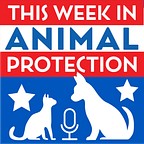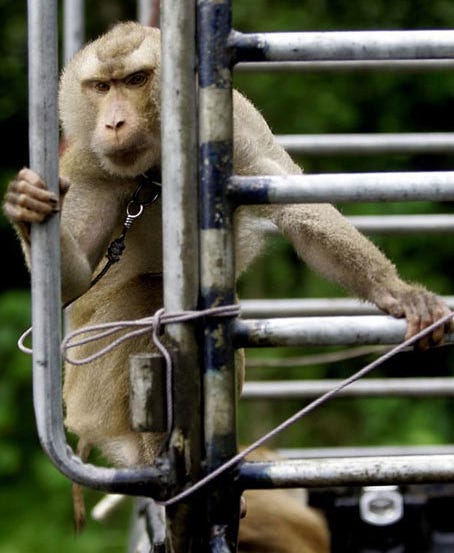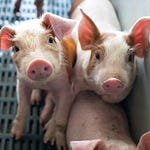In the conversation above, we talk about how the global hunger for coconuts is fueling the abuse of primates forced to harvest coconuts in three of the top coconut growing countries: Indonesia, Thailand, and Malaysia. We discuss how we uncovered this abuse while working on a new edition of All American Vegan, our cookbook, how we were able to increase awareness of this issue through our advocacy, and how that advocacy not only led to a study which documented this abuse first-hand, but bans on primate-harvested coconuts by British and American companies.
From body lotions, soaps, and household cleaning products to vegan cheeses, butters, and veggie burgers, coconuts and their various derivatives (including coconut water, coconut oil, and coconut milk) have become ubiquitous, especially in vegan foods and products.
In 2020, the number of plant-based products increased 14% over the previous year. In fact, growth of meat alternatives “is projected to increase from $4.6 billion in 2018 to a whopping $85 billion in 2030,” but that will pale in comparison to dairy alternatives, which are “estimated to dominate the overall plant-based products market.”
Driving this growth is concern about animal cruelty. Yet in an ironic tragedy, the majority of new vegan foods contain coconut-derived ingredients, substituting one form of animal cruelty for another as the majority of coconuts sold across the world come from several countries in Southeast Asia where they are picked by enslaved primates.
Agile and adept climbers, pig-tailed macaques are acquired as infants by poachers who trap them or kill their mothers. They are then chained at the neck and trained to climb trees and pick coconuts. They are beaten regularly, worked to exhaustion, fed non-nutritious food, and deprived of socialization with their kind. They suffer from PTSD and frequently engage in self-mutilating behavior. When they age and slow down, outliving their usefulness and suffering from mental illness, missing teeth, and unable to forage for food or protect themselves from predators — they are left in the wild to die.
After listening to the podcast above, click here to read about a study conducted onsite in Thailand that documented this abuse firsthand.
Click here to learn more about how you can make compassionate consumer choices when it comes to purchasing coconut-based products.
——————
This holiday season, please consider giving the gift of a Substack subscription to a friend, family member, or colleague. Doing so allows me to keep writing articles and making podcasts on issues not found anywhere else:











